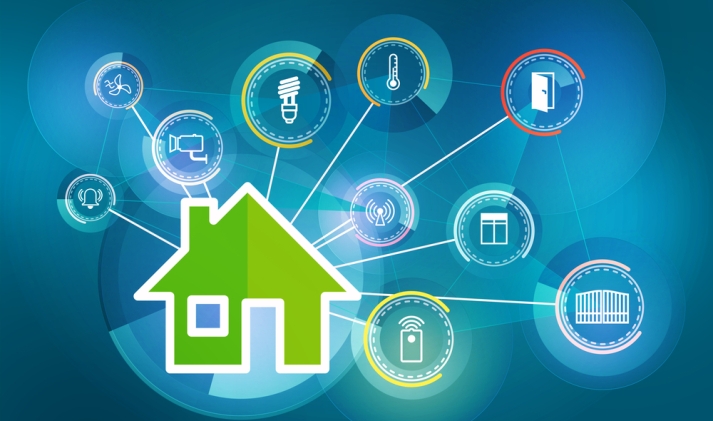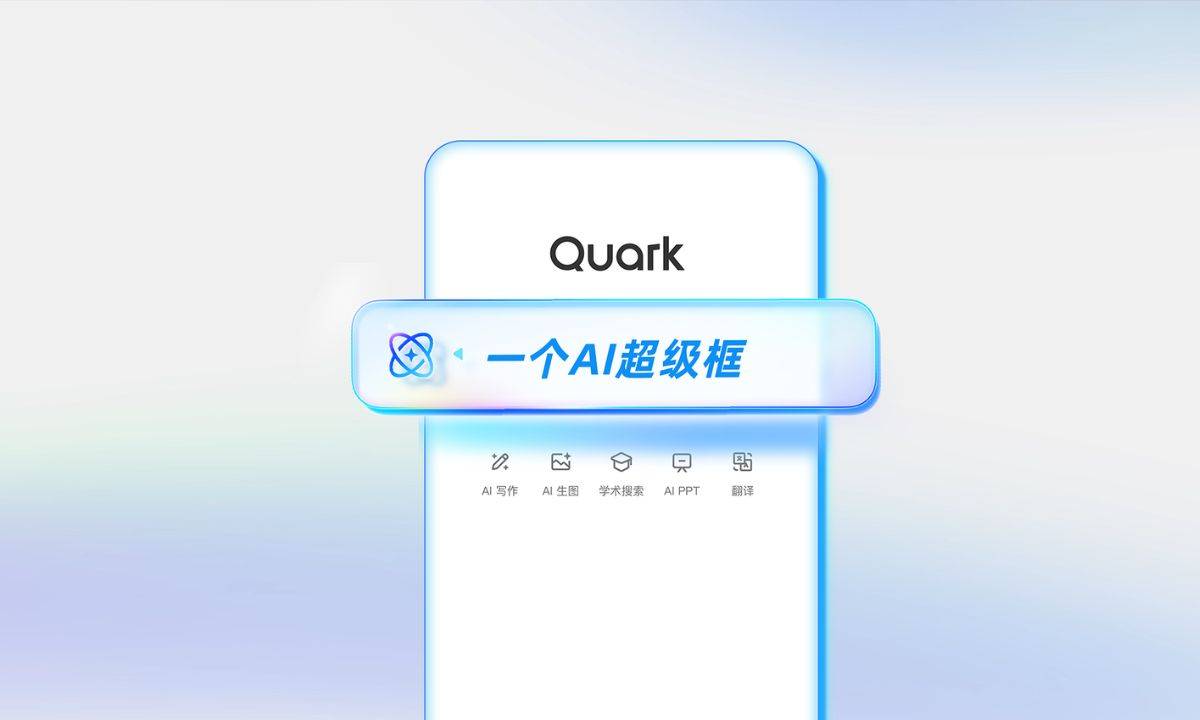
The Internet-of-Things (IoT) movement envisions a future when many of mankind’s tools, from cars to coffee makers, are smart, semi-autonomous and can exchange data not only with their users but with other devices. The head of Alibaba Group, China’s largest e-commerce company, wants to be a part of that future.
“IoT will fundamentally transform the manufacturing industry in the future,” Alibaba Group CEO Daniel Zhang said Monday in Beijing at the IoT Ecosystem Summit, an Alibaba-sponsored industry conference. Because “every product can be made ‘smart’ and connect with users,” the growth opportunities for the Internet and Alibaba are potentially huge, he said.
An emerging generation of IoT technology goes beyond smartphones to include smart watches, smart televisions, smart refrigerators, Internet-connected automobiles and even smart office buildings and industrial plants. While the business is still in its infancy, smart, labor-saving consumer devices are reaching the market; soon to follow are appliances that communicate with each other via the Internet, such as an alarm clock telling a coffeemaker to start a morning brew after it’s gone off at 6 a.m.
According to a AliResearch, Alibaba’s research arm, more than 10 million smart devices were sold during Alibaba’s 11.11 Shopping Festival last year. There was significant year-over-year sales growth: purchases of smart air-conditioners, air cleaners and refrigerators were up 1,445 percent, 1,320 percent and 1,049 percent, respectively, during the 24-hour online sale compared with results from the previous year. Sales of wearable devices grew about five times from 2014 as well.
Alibaba won’t make the devices, however. Instead, the company plans to build the same ecosystem for IoT in China that it did for e-commerce. That will translate into online marketplaces to sell the products, an operating system on which to run them, and cloud computing services for the companies making them, “enabling Alibaba’s partners to take the opportunity to design and manufacture innovative products,” said Zhang.
Already Alibaba’s YunOS operating system is being used on mobile phones, watches and TVs, as well as other smart products and home appliances. The newest product to use YunOS—a smart car made in partnership with state-owned Shanghai Automotive Industry Corp. Group—is expected to be unveiled in April.
Alibaba’s cloud computing subsidiary, Aliyun, also works with companies in the IoT industry, helping them establish communication and data networks for smart devices. Alibaba also developed Ali Smart, a smartphone app envisioned to function as a universal remote control for a variety of compatible devices made by different manufacturers. Zhang noted that Alibaba has created a standard protocol called Alink, as well, that supports communication between devices using different technologies such as WiFi and Bluetooth.
Zhang said IoT is still in its early stages, although he said he sees “a storm approaching” as the technology gathers momentum. He called on manufacturers to “connect devices via real-time data analytics in a bid to better serve consumers by understanding their needs and demands.”




